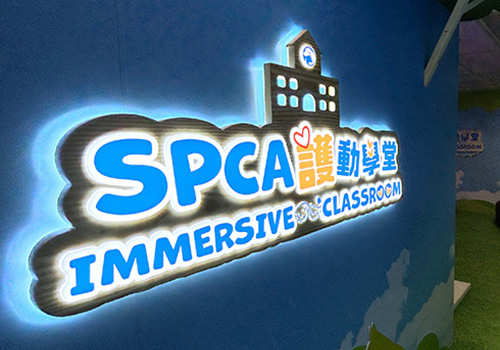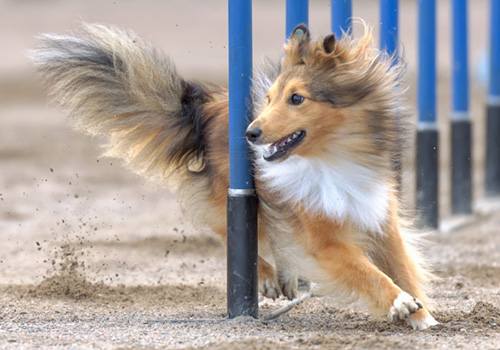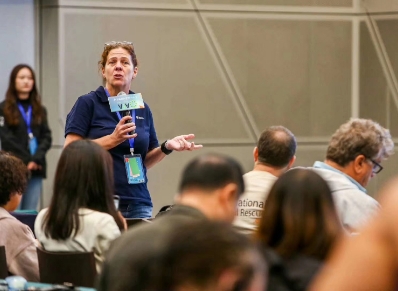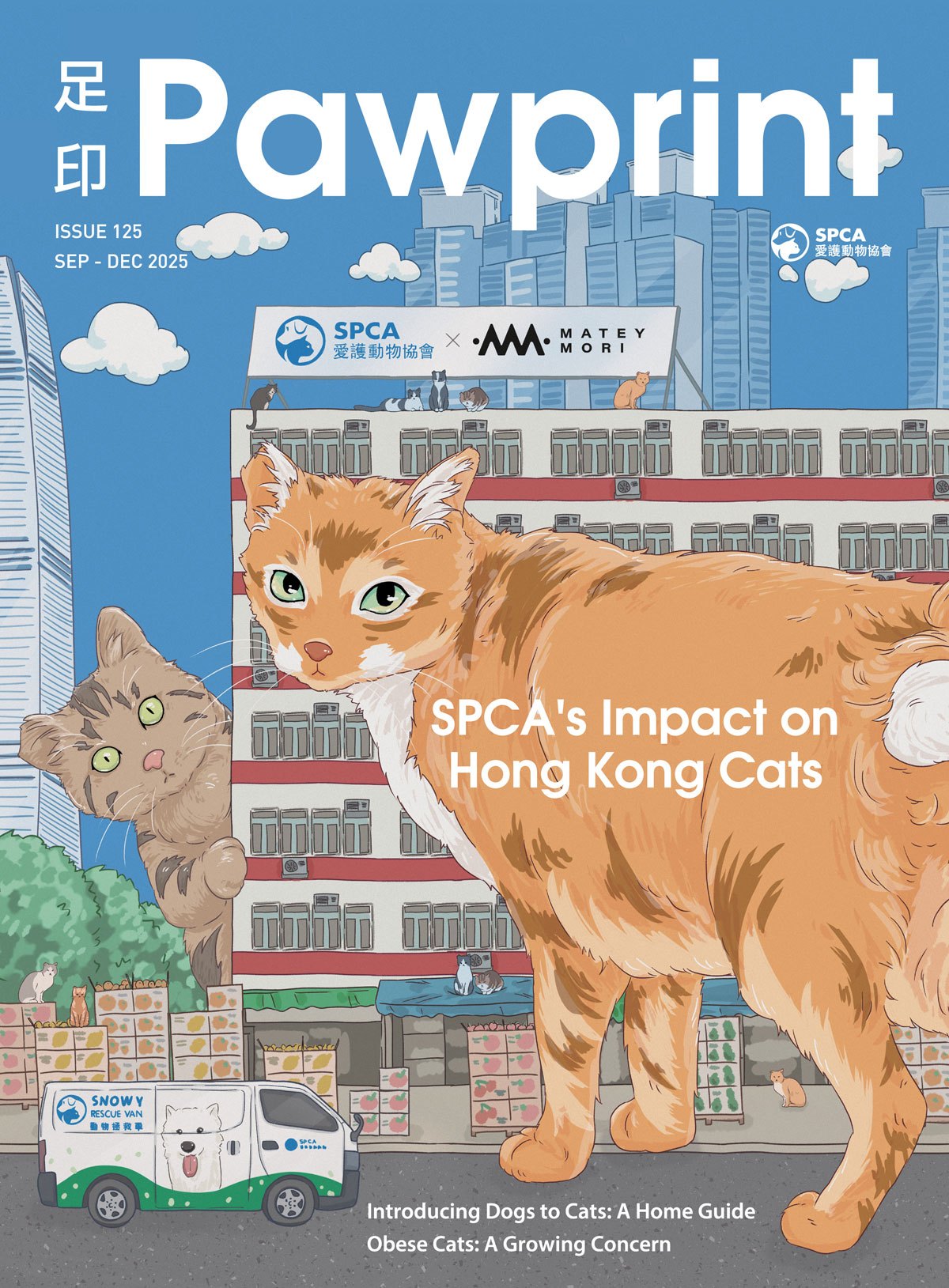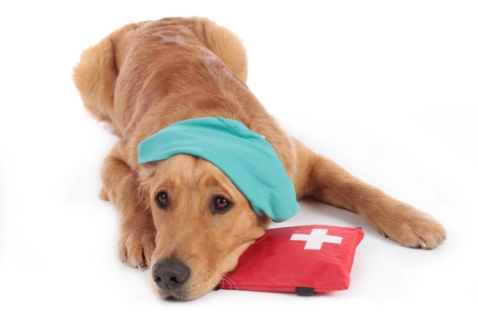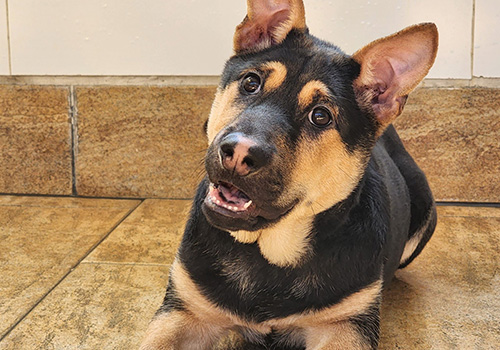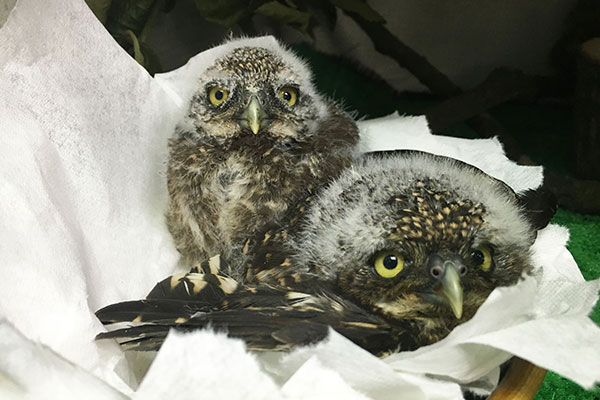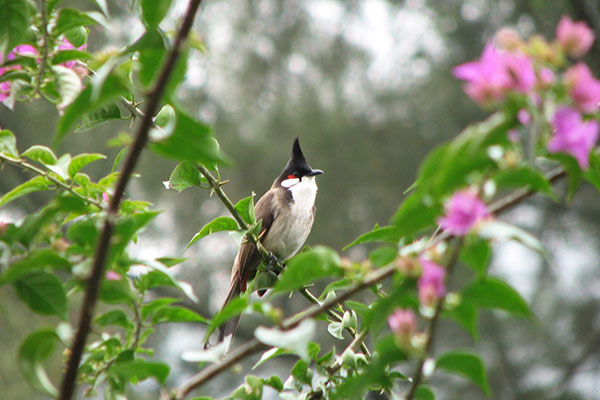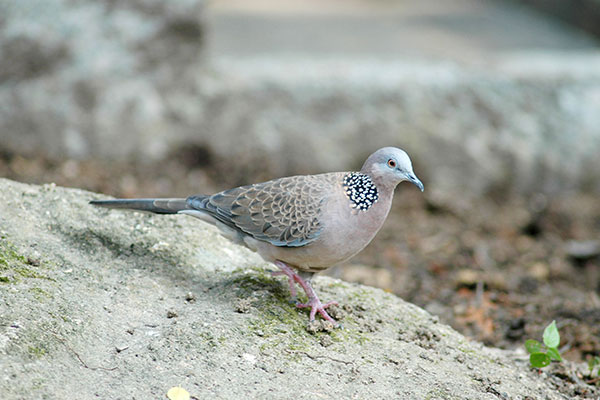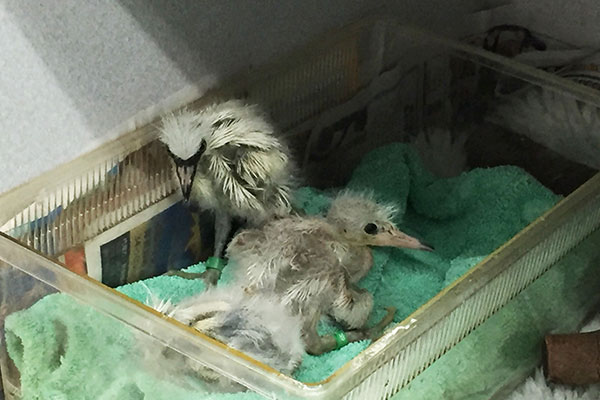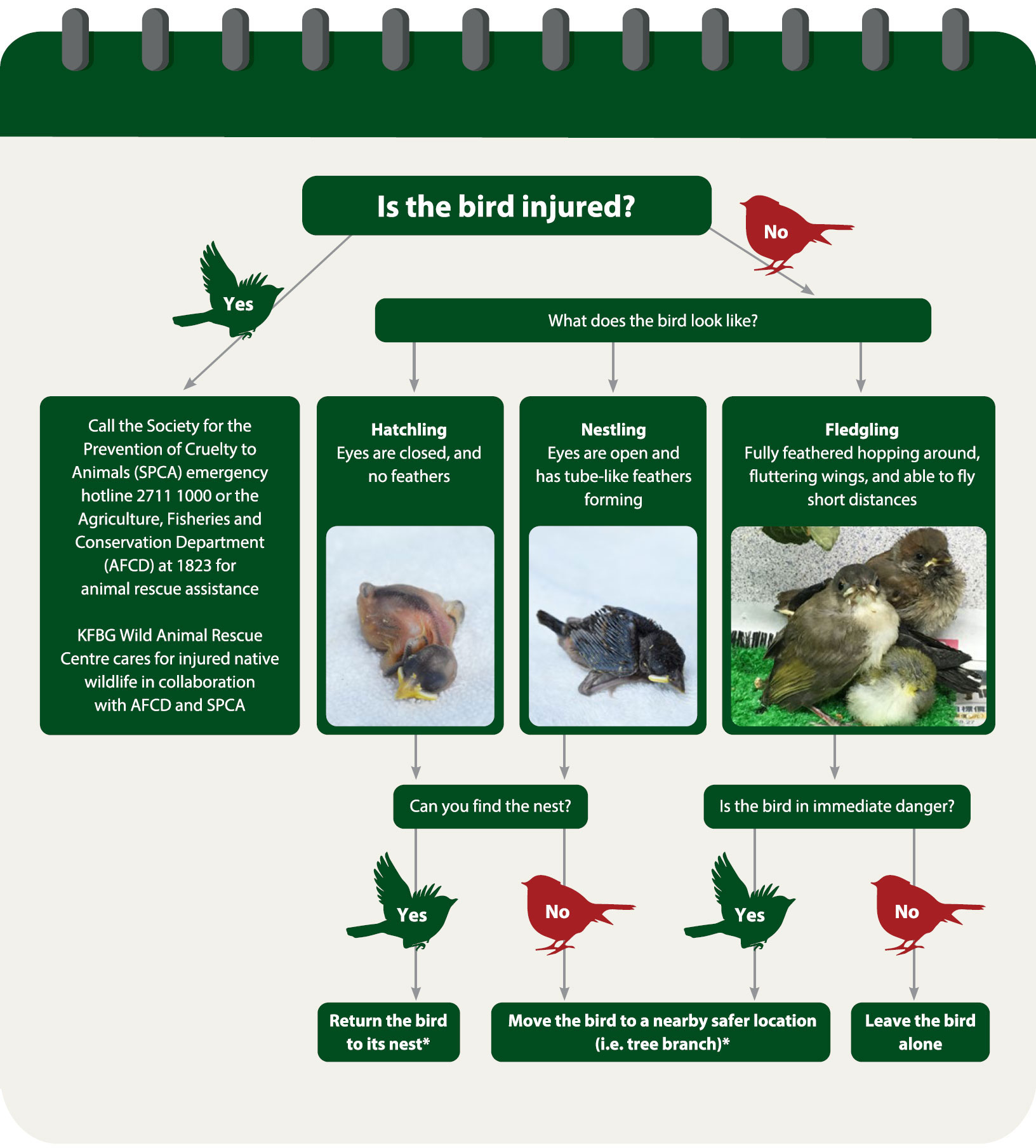Spring and summer are the nesting seasons for most wild birds in Hong Kong, so you may encounter more fledglings as they attempt to flee the nest.
Here’s how to properly handle a fallen fledgling.
Did you know we rescue a lot of birds too?
In 2022, SPCA inspectors rescued a total of 2,422 wild birds and pigeons.
The most commonly received birds are the Spotted Dove, Red-whiskered Bulbul, Eurasian Tree Sparrow, House Swift, and Crested Myna.
If you find a fledgling or an injured bird, it is best to try to return the baby bird to its nest, move it to a safer location or leave them alone.
If you find an injured bird and need assistance, you can call our 24-hour inspector hotline at 2711 1000 or 1823 to notify Agriculture, Fisheries and Conservation Department (AFCD) for follow-up actions.
Our professional Inspectorate Department are glad to offer assistance and support or help to send them to Kadoorie Farm and Botanic Garden (KFBG) for further care. Alternatively, you may bring the injured or sick bird directly to Kadoorie Farm, where any of their staff or security can assist you.
But if I touch the bird, won’t its mother abandon it?
Birds have a poor sense of smell. If you have to move the bird back to its nest or a safe place, it won’t deter the parents from coming back. But birds are very sensitive to disturbance, and sometimes abandon their eggs or young if predators or humans are nearby.
Observe the bird for a period of time from a distance before or after providing help.
Injuries are easier to detect, however, if the bird appears to be inactive, fluffed, unresponsive to humans or keeps closing its eyes, the bird is likely displaying symptoms of weakness or illness.
Where possible, avoid contact with sick birds or birds’ droppings, and wash your hands after any handling.
Can I raise the bird myself?
No. In Hong Kong, it is illegal for the general public to keep native wild birds in captivity. All wild birds and their eggs and nests in the Hong Kong SAR are protected by the Wild Animal Protection Ordinance, Cap 170.*
If human intervention is required in the case of injured and sick birds, it should be carried out by professionals and authorised animal rescue staff. Raising a baby bird is extremely difficult and unlikely to be successful without relevant expertise. A bird needs to be both physically healthy and mentally prepared for release back into the wild.
Many birds raised by humans will become imprinted and will never be able to return to the wild because they are unable to adapt naturally, which is why it is not advisable to rear the bird yourself.
Still unsure on what to do next?
Follow this helpful flowchart:
* All wild birds are protected under Hong Kong law Cap 170. We do not encourage handling of wild birds in normal circumstances. However, genuine attempts to rescue birds that have fallen from their nests can save their lives. Where possible, avoid contact with sick birds or birds’ droppings, and wash your hands after any handling. If you wish to know more about the protection of Hong Kong birds, please contact AFCD at 1823


